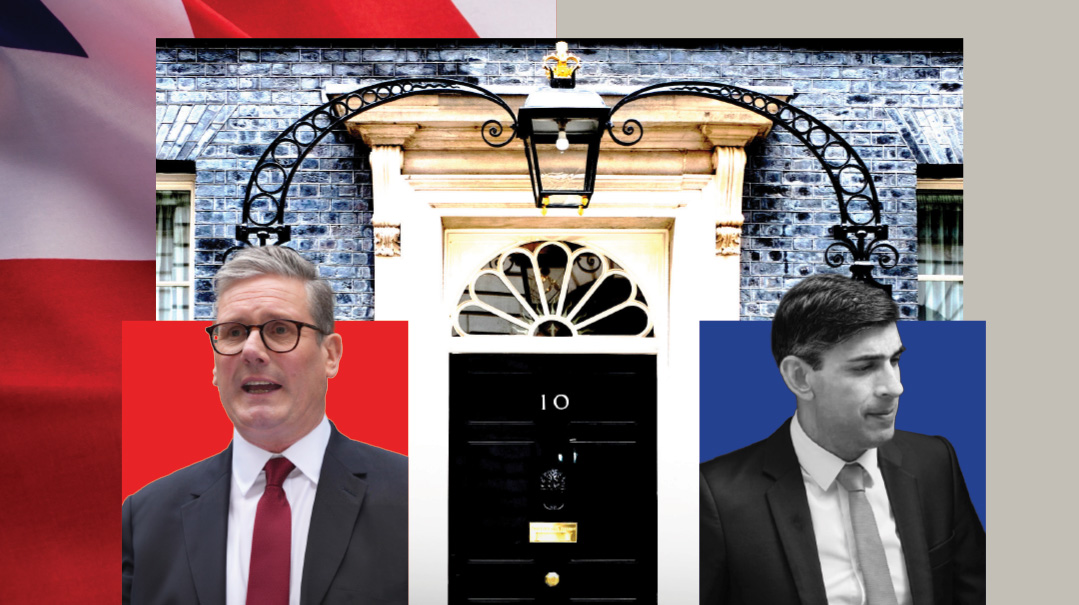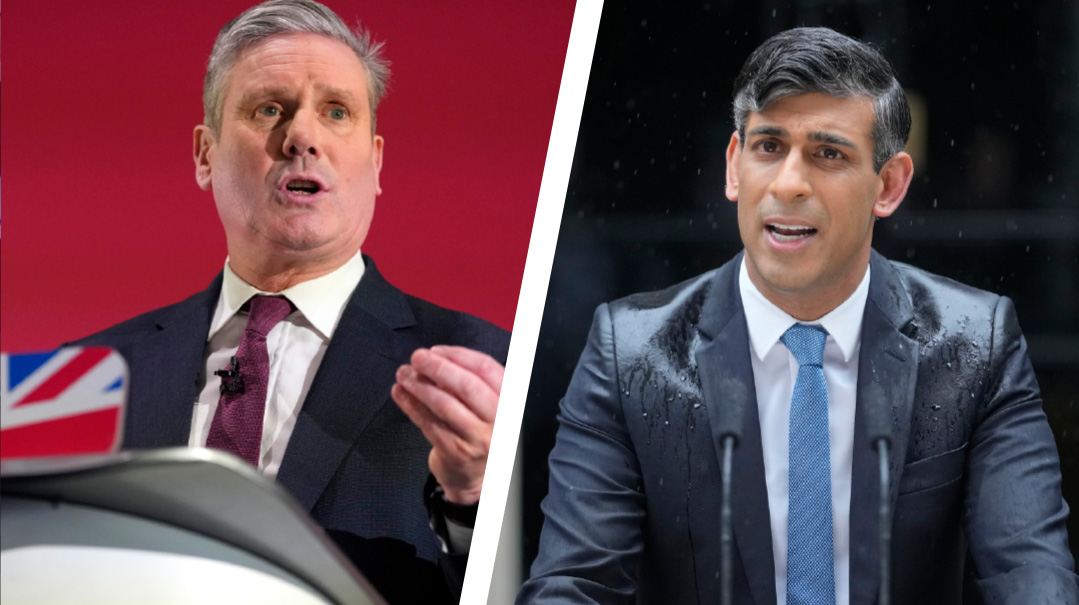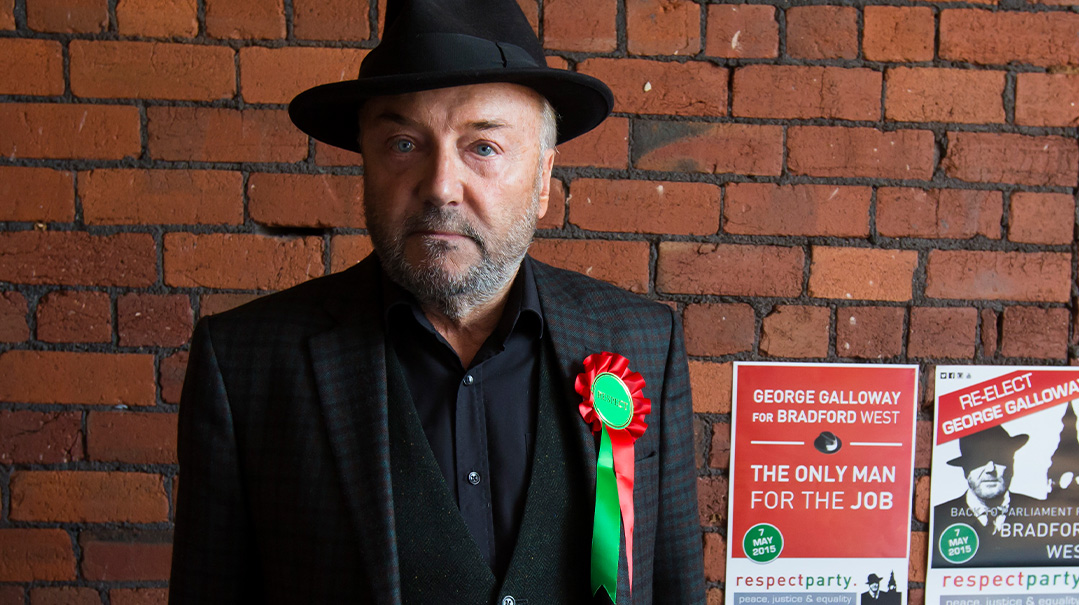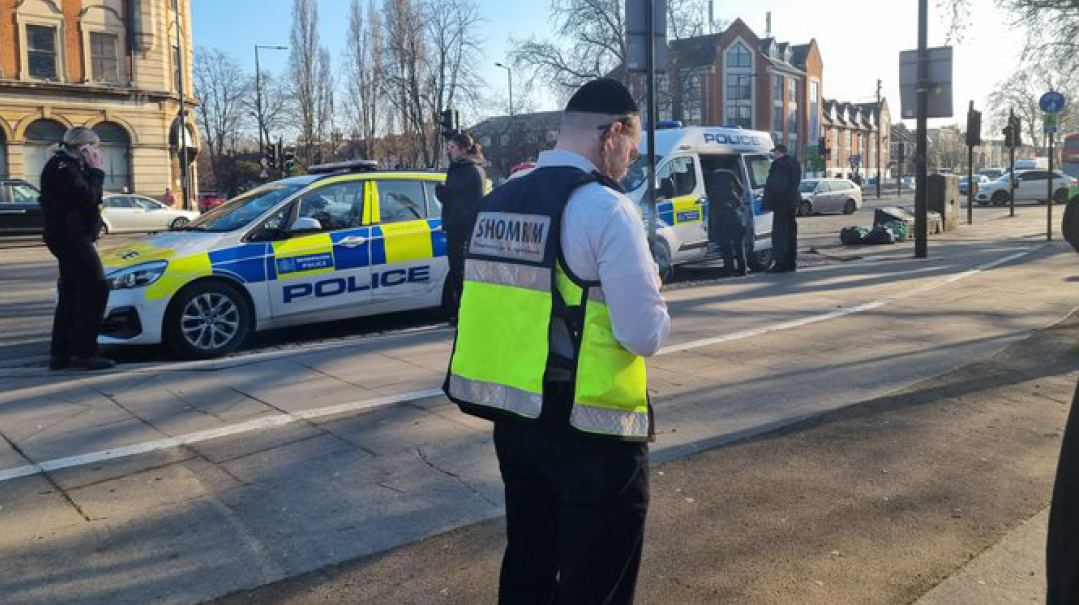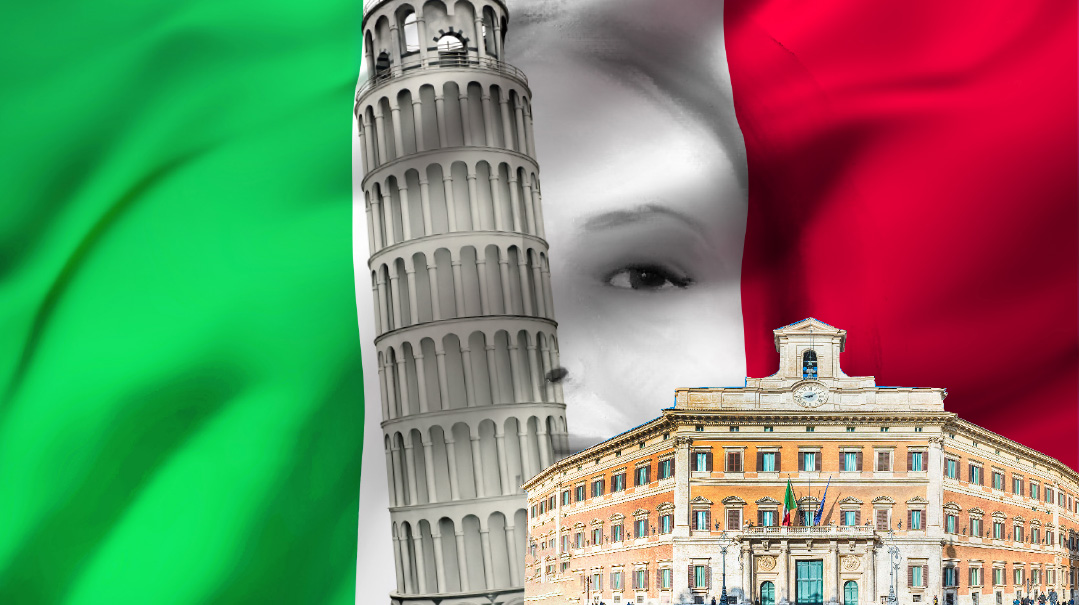How Brain Dead Is Nato?

Macron might be forced to rely on NATO, brain dead and all
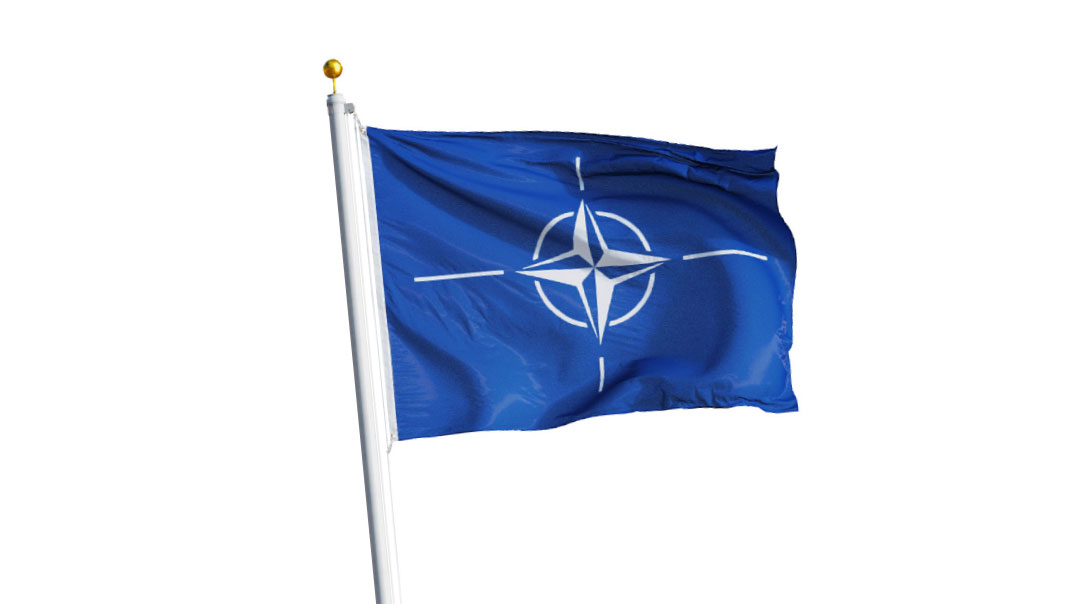
Seventy years after the postwar founding of the North Atlantic Treaty Organization (NATO), has the Western alliance that stared down the Soviets reached the end of its life?
According to French president Emmanuel Macron, the answer is yes. In an Economist interview that sent shockwaves across Europe, the French leader called the venerable alliance “brain dead.” Reacting to the Trump administration’s decision to pull out of Syria, regardless of the effect on its allies, Macron issued a stark warning. If Europe doesn’t start to think of itself as a global power, he said, “We will no longer be in control of our destiny.”
Reactions from Eastern European leaders, wary of Moscow’s designs on their territory, came fast and furious. Estonian foreign minister Urmas Reinsalu told Politico that there are “no alternatives to NATO,” and that European countries are “unable to protect their borders without transatlantic ties.” NATO secretary general Jens Stoltenberg also pushed back on Macron’s comments after a meeting with German chancellor Angela Merkel, saying that “NATO is strong.”
Tough as they are, Macron’s words are based on a clear-eyed assessment of a United States that is no longer willing to bear the cost of a free-riding Europe. But whatever the accuracy of the diagnosis, what cure does he suggest?
“His goal is a European Army, meaning that the European Union should have a common foreign and defense policy,” said political scientist and longtime Mishpacha contributor Jean-Yves Camus. “There are already a number of coordinated military training and field operations, as well as an EU ‘Common Security and Defence Policy,’ but until now everything military was under the authority of member states.”
If a pan-EU army is the goal, it will take a lot more than rhetoric to make that happen. The 2011 intervention against Gaddafi’s Libya exposed European forces’ reliance on US air power to operate. Simply put, is any independent European action possible?
“Not yet,” says Camus. “When it comes to foreign intervention, member states are not always on the same wavelength, such as when France did not take part in the 2003 war in Iraq, because it did not fit with its national interests. And in order to replace NATO, you need money, military bases, and intelligence capability. For this, we cannot do without the US.”
Macron’s bombshell critique of the Atlantic alliance was only the most recent intervention that has seen the French president become the most high-profile European leader.
With Britain consumed by Brexit, and Germany’s Angela Merkel in her political twilight, Macron has spent the last few months in the diplomatic spotlight. As G7 host in August, he tried to engineer a surprise meeting between Trump and the Iranian foreign minister in a bid to break the deadlock over Iran’s nuclear program. He is trying to rebuild ties with Putin’s Russia, and, backed by Phil Hogan, the next EU commissioner for trade, and the German minister for education and research, Macron presented a common European front on trade on a mission to Beijing two weeks ago.
This flurry of diplomatic activity marks a dramatic turnaround for a leader who was written off just a year ago. The Gilets Jaunes (yellow vest) protests beginning last November saw Macron’s popularity plummet to 27%, but it has now recovered to 34%, where it was before the protests began.
“He can bet on his reelection in 2022 against Marine Le Pen,” says Jean-Yves Camus. “His only liability is his very narrow core constituency, made up of senior citizens and the upper middle-class. But against Le Pen, who embodies the far right, he is a sure winner.”
In the meantime, Macron has leveraged his domestic recovery to venture abroad as Europe’s uncrowned head. But although he may be right that Europe can’t rely on NATO anymore, his vision of European power looks like a mirage.
As a strategic thinker and student of history, Macron must be intensely aware of Joseph Stalin’s dismissal of the Pope: “How many divisions does he have?”
And until Europe can answer that question with many boots on the ground, Macron might be forced to rely on NATO, brain dead and all.
(Originally featured in Mishpacha, Issue 787)
Oops! We could not locate your form.

